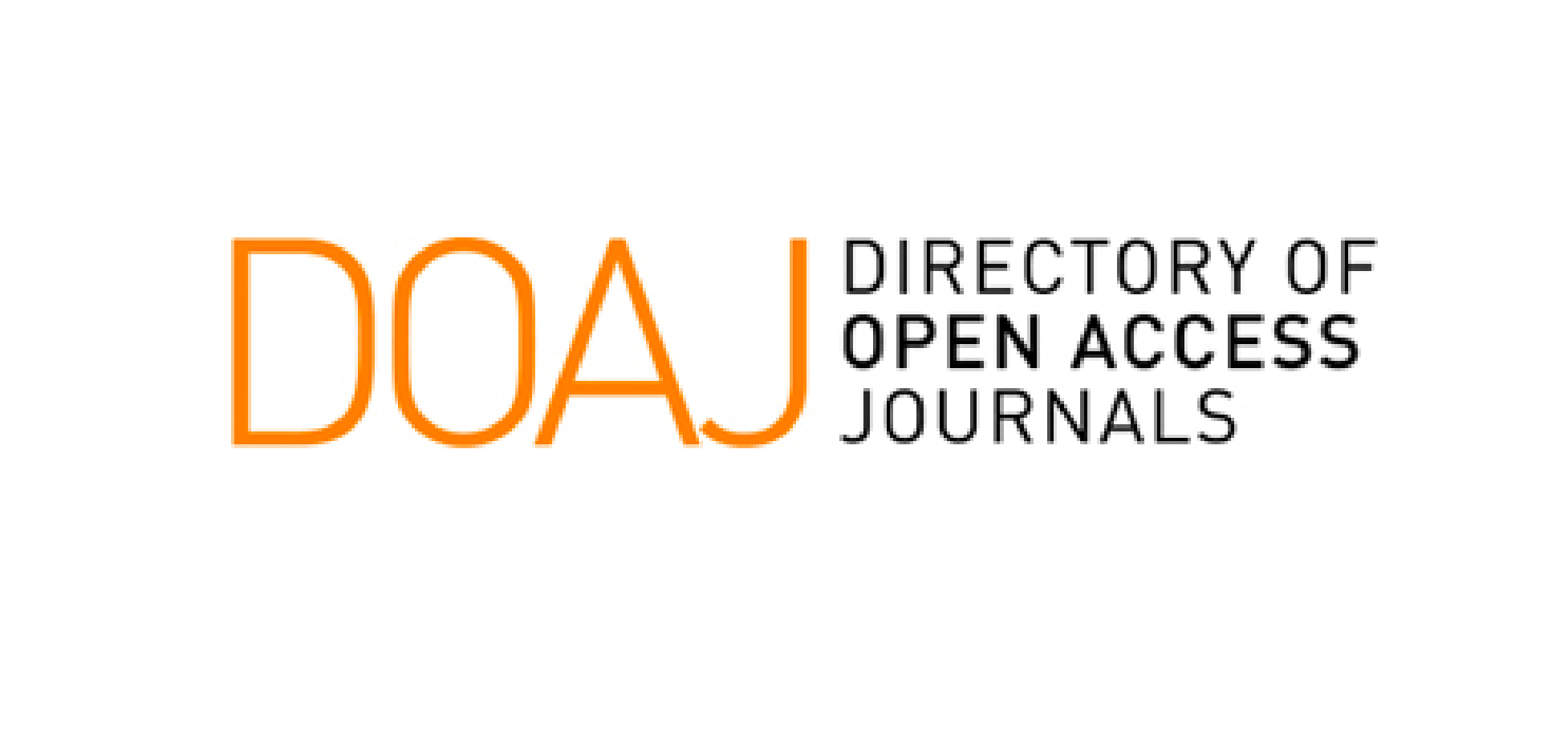ITERATIVE MULTI-DRAFT MODELIN EXPOSITORY PROBLEM-SOLUTION COMPOSITION
Abstract
University writing teachers in EFL writing programs are likely familiar with multi-draft composing. The researcher argues that multi-draft composing as it is currently used within second language writing programs can be overwhelming for EFL student. In this study, He introduces the iterative multi-draft model, a revised and more manageable version of the traditional multi-draft model, in EFL context. In a traditional multi-draft model, students generally complete a composition as part of a stand-alone, fixed-form writing unit and then move on to an entirely new and often unrelated genre. The students in this model learn a writing process and practice it in three unique and apparently unrelated compositions. Students in the iterative model learn a process and repeat it three times in compositions that clearly build on one another. He applies this model on EAP students to help master essential writing skills in expository composition. A study of 108 compositions written by 36 students in three meetingswithin two weeks in EAP course at Institut Teknologi Sepuluh Nopember ITS Indonesia rated by 2 raters demonstrates that the new model can be effective in improving students’ composition. The iterative model through a series of repeated measure univariate ANOVA produces a statistical effect on writing scores in three writing sub skills (content, F(5.34) at Sig 0.01, organization, F(15. 59) at Sig 0.00, grammar, F(16.91) at Sig 0.00, and overall F(20.31) at Sig 0.00). Additionally, the students’ perceptions of the model on 5 Likert-scale questionnaire further indicate that they have positive perspectives on their experience in applying this model (Mean = 4.42). This result supports the need for EFL writing instructors to continue to develop materials that teach the skills of process writing, genre recognition, and reader awareness. It also suggests to the prospective writer to read and understand at least three models before starting to write.
Keywords
Full Text:
PDFReferences
Campbell, C. (1998). Teaching second-
language writing: Interacting with text. Newbury: Heinle & Heinle
Eckstein Grant, Chariton, Jessica and
McCollum, Robb Mark. (2011) Multi-draftComposing:AnIterativeModelforAcademicArgumentWriting Journal of English for Academic Purposes Vol 10 Issue 3(September 2011)
Gunning, T. G. (2010). Assessing and
Correcting Reading and Writing Difficulties (4th ed.). Boston, MA: Allyn & Bacon.
Mongillo, Geraldine and Wilder, Hilary (2012)
An Examination of At-risk College Freshmen's Expository Literacy Skills Using Interactive Online Writing Activitiesin Journal of College Reading and Learning. 42.2 (Spring 2012)
Plakans, L., & Gebril, A. (2012). A close
investigation into source use in integrated second language writing tasks. Journal Assessing Writing, Vol 17 Issue 1 (January 2012)
Ramanathan, V., & Kaplan, R. B. (1996).
Audience and voice in current L1 composition texts: some implications for ESL student writers. Journal of SecondLanguage Writing, Vol 5 Issue 1 (1996)
Sasaki, Miyuki. (2000). Toward an empirical
Model of EFL Writing Processes: An Exploratory Study. Journal of Second Language Writing Vol 9.Issue3 (2000)
Tardy, C. M. (2006). Researching first and
second language genre learning: A
comparative review and a look ahead.
Journal of Second Language Writing, Vol 15 Issue 1(2006)
Thompson, Geoff. (2001) Interaction in
academic writing: learning to argue with the reader. Applied Linguistics Vol 22 Issue 1 (2001)
Wardle, Elizabeth and Roozen, Kevin (2012)
Addressing the complexity of writing development: Toward an ecological model of assessment. Assessing Writing Vol 17 Issue 1 (2012)
Wette, Rosenary. (2014) Teachers' practices in
EAP writing instruction: Use of models and modeling. Systen Vol 42 February 2014
Yang, L and Zhang, L (2010). Exploring the role
of reformulations and a model text in EFL students’ Writing Performance. Language Teaching Research Vol 14 Issue 4 (2010)
Yasuda, Sachiko. (2011) Genre-based tasks in
foreign language writing: Developing writers’ genre awareness, linguistic knowledge, and writing competence. Journal of Second Language Writing Vol 20 Issue 2
DOI: http://dx.doi.org/10.12962/j24433527.v9i2.1627
Refbacks
- There are currently no refbacks.
This work is licensed under a Creative Commons Attribution 4.0 International License.







